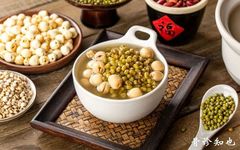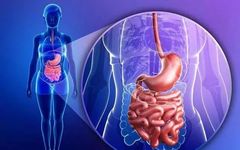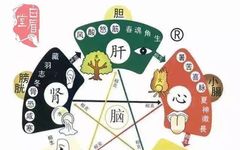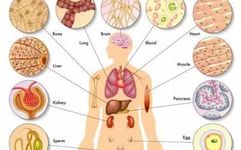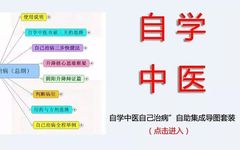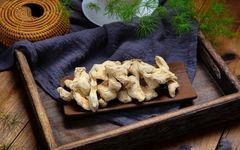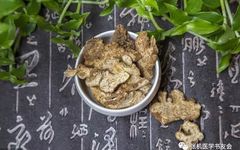Ten Practical Steps to Improve Spleen and Stomach Yang Deficiency
The spleen and stomach refer to the Spleen Meridian (脾经, Pí jīng) and Stomach Meridian (胃经, Wèi jīng). Traditional Chinese Medicine (TCM) holds that the spleen and stomach belong to the Earth element (土, Tǔ) and are part of the Middle Jiao (中焦, Zhōng jiāo), serving as the “source of Qi and blood production”. They … Read more

